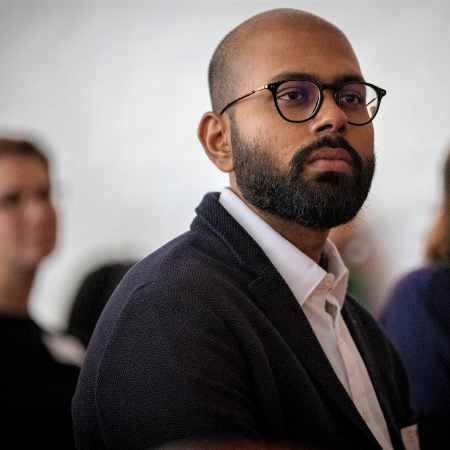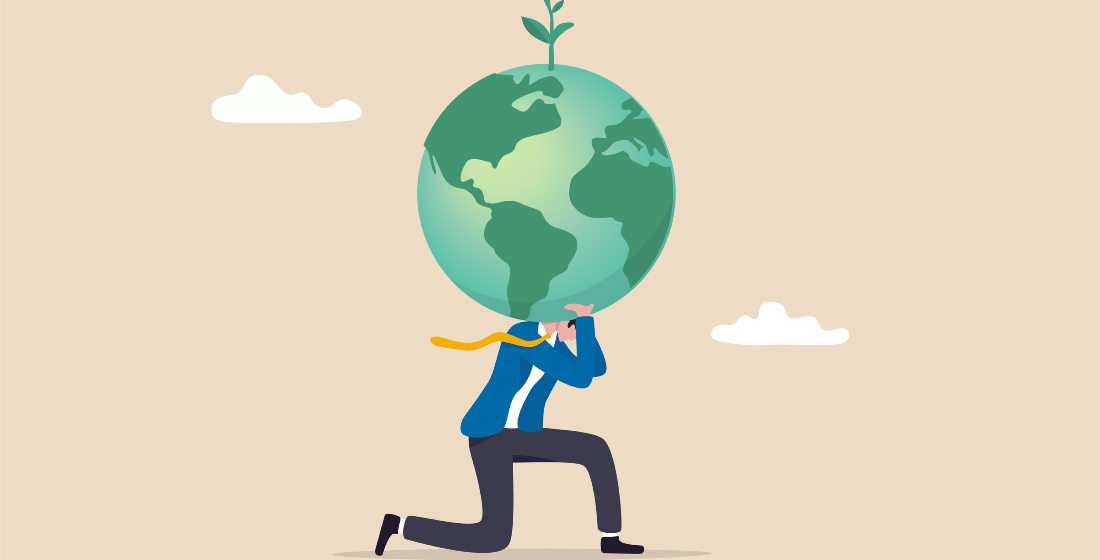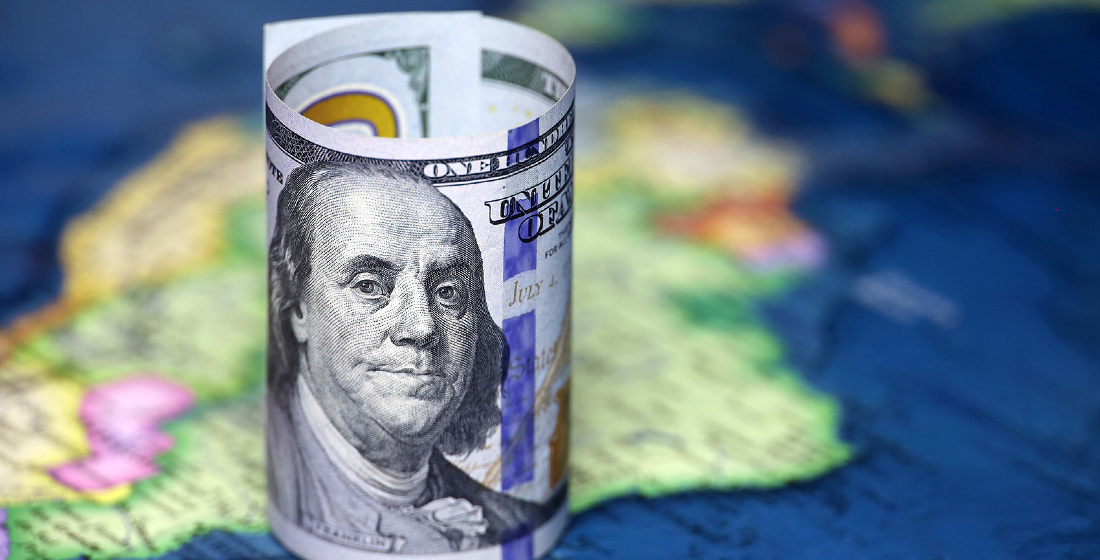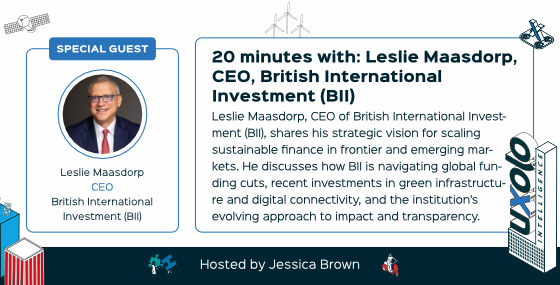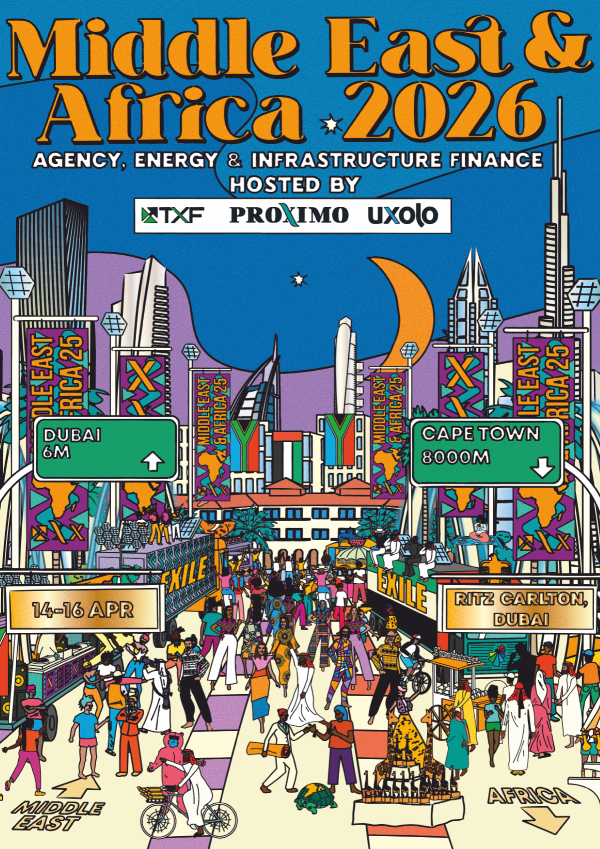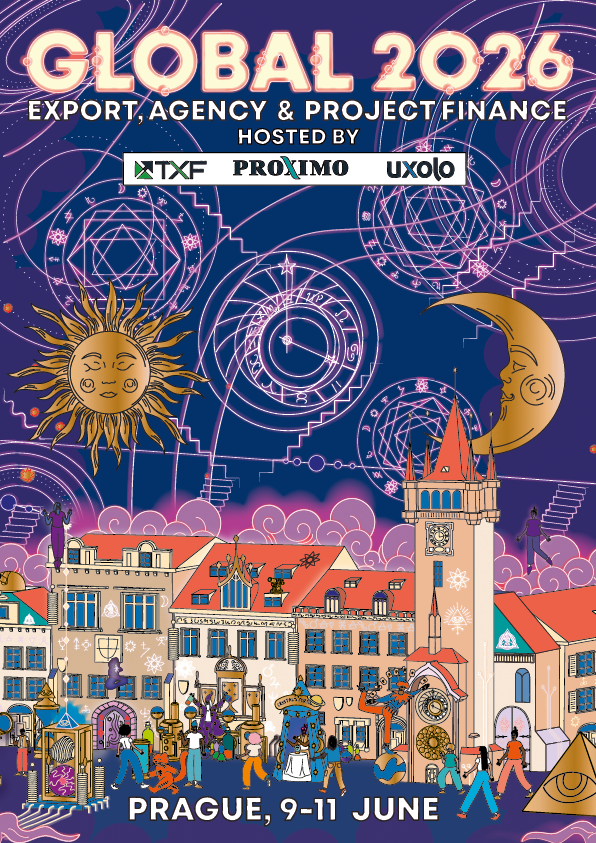Under the radar: Water and sanitation in Bomet
In the first of a series of profiles on DFI-backed deals that rarely grab the headlines, Uxolo talks to two of the key architects at the AfDB of the structure underpinning what they believe is a template for water deals in the region.
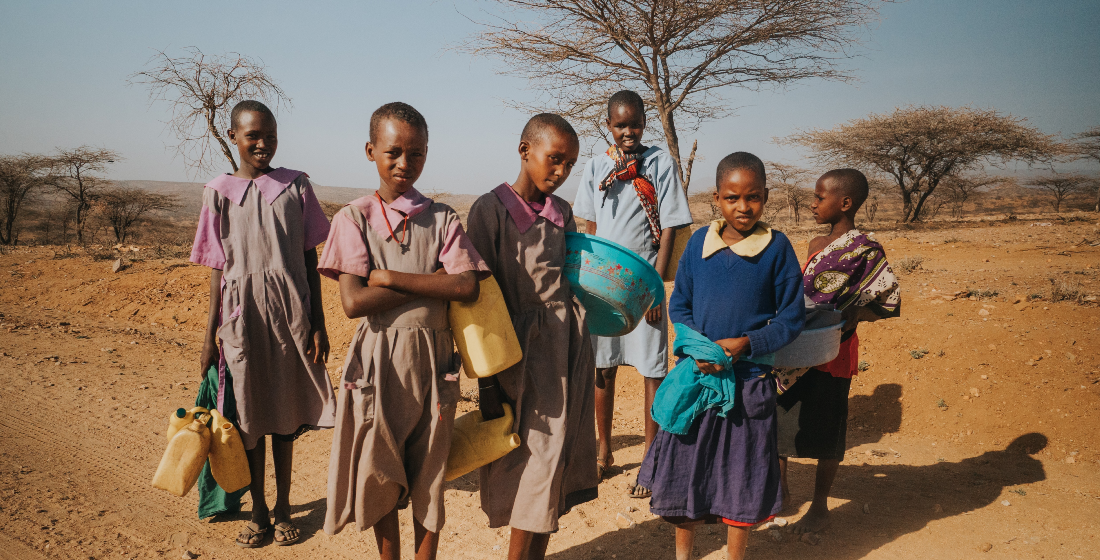
The impact of climate change on sub-Saharan African water supplies has been palpable with nearly 400 million people in the region being denied a safe drinking water supply. Funding requirements to meet the need for safe water supply and sanitation across the region are estimated at $35 billion per year in capital costs. And given the small scale of single projects and the weak sovereign credits that are often involved, anything DFIs do in terms of financial engineering or bundling for scale, to up the bankability and economics of such schemes, is as welcome as DFI-backed debt itself. At its simplest, while any deal that offsets the impact of climate change on water security is good news, a template that can be rolled out across a region and maximises social and economic impact whilst minimising risk is even better.
In a bid to alleviate some of the impacts of climate change in Sub-Saharan Africa, in 2017 the Kenyan central government signed a loan agreement with the African Development Bank (AfDB) for the Kenya Towns Sustainable Water Supply and Sanitation (KTSWSS) programme. Most recently, AfDB provided a $13 million 25-year (including eight-year grace period) loan for the Bomet-Mulot water supply and sanitation project – a sub-project under that ongoing Kenya Towns programme which runs until December 2023.
Those at the AfDB that worked on the deal – Osward Chanda, acting director, water development and sanitation department at AfDB, and Emily Muthoni Kilongi, senior water and sanitation officer at AfDB – believe this small-ticket project provides a template for similar financings in the region, and in discussion with Uxolo outline the challenges, solutions, and benefits of putting the project in place.
Uxolo: Can you highlight the social impact of this project and how does it align with UN Sustainable Development Goal 6 and the climate crisis?
Osward Chanda (OC): We are targeting Bomet County which has slightly over 390,000 population. We want to go in strategically to try and improve water supply and sanitation. And we believe that by improving access to water and sanitation – it’s availability and sustainability – we are contributing to improving and catalysing the commercial activities in the area, driving economic growth, and improving the quality of life of people in Bomet. But very importantly, we will be addressing climate change resilience and climate change vulnerability by making resources available all the time to the people. So whatever extremes come – drought or floods – they will still have the security of water and sanitation.
There are three towns in Bomet county: Bomet, Mulot, and Longisa. These three towns are our target. We are going in with sanitation, but not in the traditional way, which is just putting in latrines or a sewer system. Instead, we are promoting what is known as city-wide inclusive sanitation. We are promoting onsite sanitation where the waste is contained and transported to a treatment facility, which is a resource centre where they extract from the waste. You extract resources like biogas, which you use for cooking, and solids that are used in the stabilisation of soils. The water that is treated is rich in nutrients and is treated to a stage where it can be used for gardening.
Emily Muthoni Kilongi (EMK): When we do not have access to water supplies that are clean, we also get diseases within the community. So, this project will reduce the disease burden caused by waterborne diseases. During the construction phase we also expect to have direct and indirect employment opportunities. We also have small businesses that come up because of the construction work that is going on. For this specific project, there is a link road towards the water treatment plant that is going to be rehabilitated and maintained, and that can also have a very positive impact within that surrounding area.
Uxolo: What were the challenges in structuring this loan and how did you overcome them?
OC: It begins right from the top, and first we need to look at the implementation arrangements. We are working with about 28 counties, and we have conglomerated them under three implementing agencies. Each implementing agency takes about maybe 10 or eight counties and then they work with those. Right at the planning stage, it is clearly defined what each county gets. When that is done, sometimes there are a few things that you may not foresee. For example, in the case of Bomet, the work has been delayed. We had complaints that we had to deal with, which delays the implementation process. When you have already received the resources and the financing, any delays have financial costs. We try to diligently address all the social and environmental elements, and we pay particular attention to that. However, there are some unforeseen circumstances, maybe in the procurement process. Somebody feels and thinks that this process has not been very transparent. But unless there is substantial information, it just delays the process, which is what this project suffered from.
Uxolo: If you were to do this deal again, what would you do differently?
OC: In terms of all implementing agencies, we would not want to split it because there is a cost. We have nine waterworks development agencies. The overhead costs become too much. What we would do maybe is have a lot more engagement upfront headed by the ministry where they engage those non-participating or non- implementing waterworks development agencies so that they collaborate with waterworks development agencies coming in the area and implementing on their behalf, because that takes some time to get working. But if more work is done upstream, we believe that the implementation can begin faster and is steadier. Maybe also raise a lot more awareness. Although there was quite a lot of publicity, a lot of consultation with the communities, but just continued awareness creation among the beneficiaries.
Uxolo: What is the tenure of this loan?
OC: This is an ADB loan. It is a 25-year tenor with eight years grace period.
Uxolo: When did the deal close?
EMK: The loan agreement for the program that is known as ‘Kenya Towns Sustainable Water Supply and Sanitation Program’, was signed in January 2017. The implementation is planned to end in December 2023.
Uxolo: Does this deal form a template for other loans in this region?
OC: Yes, basically in terms of the template that we follow, this would be quite close to the other deals. Of course, we also have other larger investment projects, for example, Thwake dam project. This is huge. We’re talking $300-400 million US dollars. It basically forms the same pattern, but in certain cases, we have a mix. We have sometimes blended finance approach just to make the pricing a lot more acceptable, but also because we are a development bank, we don’t just go for what is financially sustainable. Sometimes we go for economic returns. If it’s improving the health and livelihoods of people, we go for it. That makes us different from conventional banks. So, we bring in quite a bit of concessional financing, some grants to make the transaction a whole lot more manageable.
